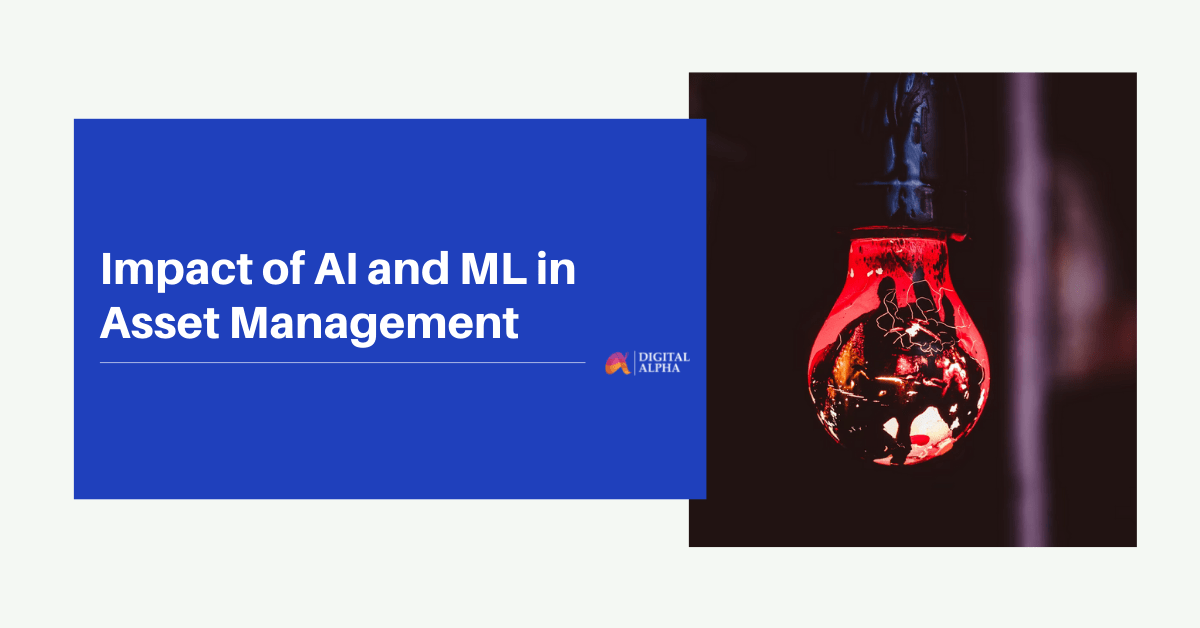Introduction
The role of technology in asset or investment management is inevitable. Automation is vital in processing a large amount of data from portfolio managers, exchanges, pricing services, and rating bureaus.
Today, Artificial Intelligence (AI) and Machine Learning (ML) result in superior customer experience, efficiency, and accuracy. They are primary to many facets of the investment process, including trading, risk management, and operations. Moreover, asset managers need processes and systems to facilitate the maintenance of data and the flow of information between several entities. Cutting-edge technology is required to maintain consistent investment workflows. The benefits it offers include a simplified decision-making process and reduced or controlled risk.
Further, technology helps asset management firms in their investment decision-making process. It helps them organize critical and up-to-date data on portfolios. Often the models help them measure risk, and these robust processes provide an assessed view of the client’s risk profile and portfolio. Further, asset management companies are required to retrieve insights from a tremendous volume of data. Some examples of available data sources include security level prices and benchmark indices.
So far, the blend of existing and new systems has improved efficiency, eased decision-making, and mitigated risk substantially. The nuance behind these infrastructures is the need for subject matter experts and domain specialists, eventually leading to informed business decisions. Also, the technology vendor landscape includes order management systems, risk analytics, and performance & accounting.
For decades, technology has blended into asset or wealth management in many ways. Let’s divulge into four primary use cases today.
How do AI and Machine Learning Support Wealth Management Companies?

User Experiences and Interfaces
Today, technology has democratized the access and means to invest. Now, wealth management is not only for the wealthy. Tools employing AI and ML help investors choose the correct allocation mix, resulting in superior outcomes and gains. They could get digital advice within seconds and with a few clicks. Some personalized services include tax-loss harvesting, portfolio allocation rebalancing, digital documentation delivery.
Investment Process
Technology is used for pre-trade analysis, data & research process, and measuring risk within portfolios. Often the mathematical models result in superior returns for clients and involve multiple sources, including macroeconomic data, analyst reports, and alternative datasets.
Operational Efficiency
Automated systems are available for post-trade processes, internal & external data feed processing, and monitoring. Deep learning techniques have always resulted in better data quality and good predictions. Some commonly used applications include data surveillance and cleansing.
Conclusion
Every day new use cases are identified as technology grows, data availability increases, and computing power expands. In the longer run, technology reduces not only risks but also costs. Finally, the outcomes or returns for investors will gradually improve as regulators and industry practitioners work together.
Follow us for the latest snippets in Fintech. Learn how to apply AI for detecting anomalies and making better business decisions.
